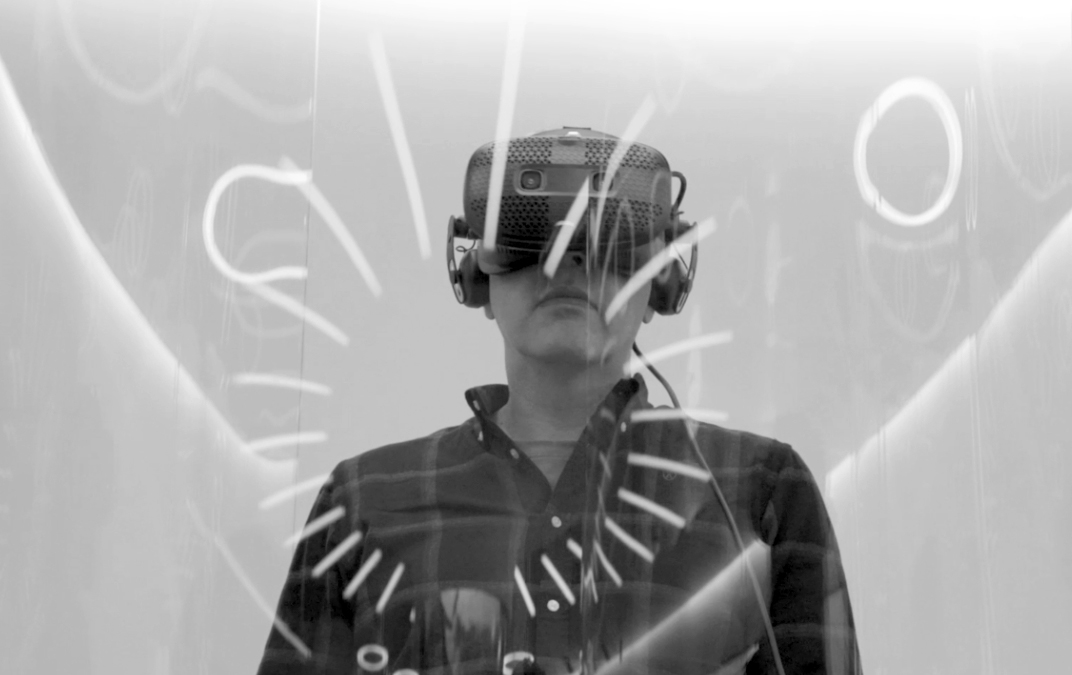Were you really able to watch Oppenheimer without once checking your mobile?
- Date
- Written by Alberto Ohayon
Whether or not you liked the storyline, the three-hour running time of Nolan’s film wasn’t exactly the greatest incentive to head to the cinema. Three hours focused on one thing?
The University of California at Irvine recently published data claiming that its students are only able to focus their attention on a single task for 65 seconds. The average American worker, three minutes.
What’s become of our ability to concentrate, that human superpower that sets us apart from animals? An ability that’s morphed into an overall sensation that we’re doing everything and nothing at once. More and more people from a wide range of fields, from scientists to former Google engineers, are warning that this is a serious issue. Some are even beginning to compare it to the rampant obesity found in developed countries or the climate crisis.
It would be easy to blame it all on our mobile phones and social media (every day we spend more than three hours on our phone, and check it over than 2,000 times). However, and here’s the rub, it goes much deeper than that. It’s about our current way of life. It runs from pollution to stress, a productivity-obsessed mindset to a lack of sleep (did you know that we sleep 20% less than we did a century ago?). And technology, naturally. All of this makes the perfect storm for our sustained attention spans getting shorter and shorter.
Oh, technology. Originally a mere work tool, it has ended up being at the heart of our culture and way of life. We’ve become so used to living in a hyper-informed and hyper-stimulated society that, compared to this excess noise, reality seems dull. There are no hearts when we wear a new dress and no background music when we watching a sunset; nor can we speed up a conversation at 2x if it doesn’t interest us. Reality no longer entertains us; we’re the ones who must actively hold our attention. And in the same way, we’re so fond of skimming, without delving deeper, that although we read more than ever, we don’t necessarily understand more.
Is there a way to regain that sustained attention?
The virtual network company NordVPN predicts that we Spaniards will spend a third of our lives connected to the Internet through different screens (28 years out of an average life span of 83.4 years). Nobody said it would be easy, but looking the other way doesn’t seem to be a better alternative.
Along the same lines, Mark Rego, a veteran psychiatrist at Yale University School of Medicine and author of Frontal Fatigue notes: “In the mid-20th century, we began to decide that we had to exercise and watch our weight. This had never happened before, because humans had never had a surplus of food and the possibility to avoid walking. We now have to start thinking about actively caring for our minds. You have to do something more substantial with your life and set goals. A very important one is to learn to silence your mind. We all know what it means to silence your mind. It can be with meditation or by trying to paint, as I do. When I pick up a brush, the noise goes away.”
How does this affect a field like advertising, which very much involves having to grab people’s attention in order to tell stories? Clearly, the answer is not to increase the fireworks, wow effect and outlandish content. At least not without an underlying reason, without a good story to back it up, which is surely the spark of everything to come. Use all the new opportunities offered by technology to grab the user’s attention and then help them to go deeper.
But not only that. Encouraging reflection as opposed to rapid responses, prioritising long-term strategies and not glorifying multitasking may be some attitudes to incorporate during the creative process.
The virtual network company NordVPN predicts that we Spaniards will spend a third of our lives connected to the Internet through different screens (28 years out of an average life span of 83.4 years). Nobody said it would be easy, but looking the other way doesn’t seem to be a better alternative.
Bibliography:
The Guardian: https://www.theguardian.com/science/2022/jan/02/attention-span-focus-screens-apps-smartphones-social-media
El Confidencial: https://www.elconfidencial.com/tecnologia/ciencia/2022-01-13/mark-rego-fatiga-frontal-concentrarse-exito_3356385/
El País: https://elpais.com/eps/2023-08-24/como-recuperar-la-atencion-que-hemos-perdido-con-las-pantallas.html
HBR: https://hbr.org/2020/04/we-need-imagination-now-more-than-ever
NYT: https://www.nytimes.com/2022/02/16/well/mind/focus-johann-hari.html
Atmos: https://atmos.earth/johann-hari-stolen-focus-concentration-span-attention-economy-climate-action/
El español: https://www.elespanol.com/enclave-ods/historias/20230129/no-capaces-prestar-atencion-factores-impiden-concentrarnos/736926611_0.html
Ethic: https://ethic.es/2023/07/la-sociedad-de-la-distraccion/
Xataka: https://www.xataka.com/otros/generacion-eternamente-desconcentrada-no-puedo-hacer-nada-durante-quince-minutos-mirar-movil-1

